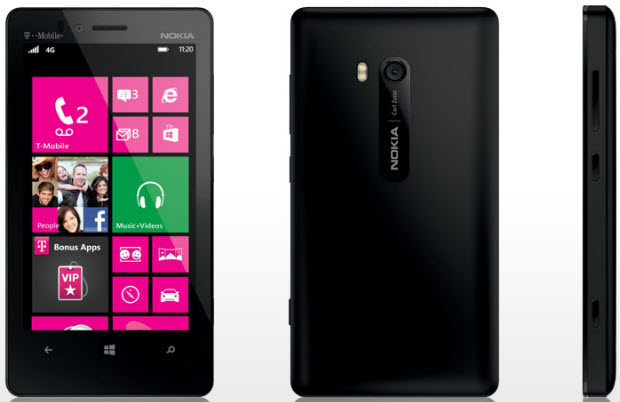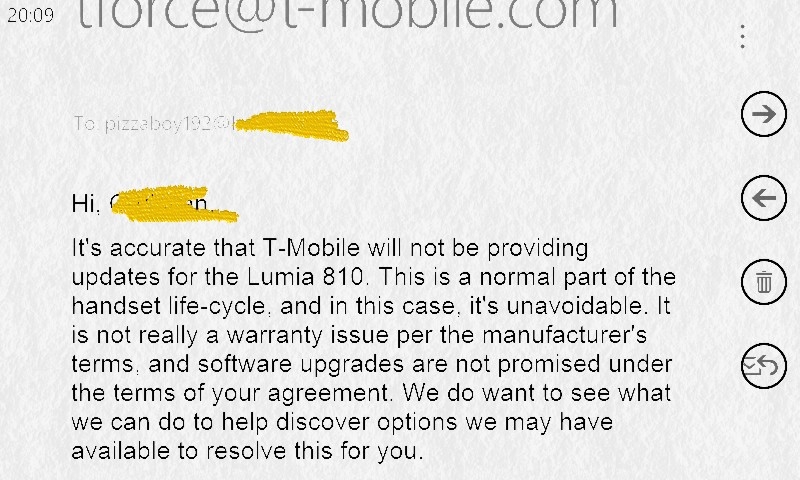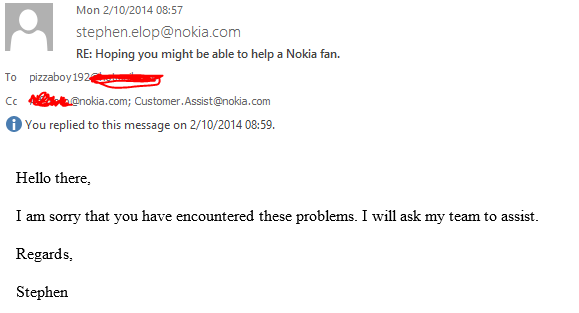 Carrier exclusives can be a double-edged sword. While meant to drive new customers to the carrier, they also introduce new headaches for manufacturers as there’s no guarantee of long-term marketing and device support, even at the planning and development stages, long before the manufacturing stage begins. It looks like the T-Mobile Nokia Lumia 810 is another casualty of T-Mobile’s typical reluctance to provide long-term support Nokia devices.
Carrier exclusives can be a double-edged sword. While meant to drive new customers to the carrier, they also introduce new headaches for manufacturers as there’s no guarantee of long-term marketing and device support, even at the planning and development stages, long before the manufacturing stage begins. It looks like the T-Mobile Nokia Lumia 810 is another casualty of T-Mobile’s typical reluctance to provide long-term support Nokia devices.
While the device was released in 2012 as a carrier exclusive, the device is capable of supporting the latest Windows Phone 8 update in GDR3 as well as Nokia’s own Lumia Black update, which is the latest Nokia update for the Lumia line and is typically paired with the general GDR3 update by carriers.
Another issue is how the updates are currently handled; while GDR3 can be pulled directly from Microsoft developer program and installed on an unofficial basis without needing explicit carrier approval, the same method can’t be used for Nokia’s updates which require additional carrier approval and testing. As T-Mobile never approved the Black update for the 810, it was never released and Black updates from other carriers can’t be applied either, owing to the carrier exclusive status of the 810.
To attempt to resolve this an upset 810 owner attempted to first verify that the update would not indeed be pushed to the T-Mobile 810 with T-Mobile’s response below after the customer attempted a warranty claim for the lack of updates:

With this response, the customer then did what most wouldn’t think to do and emailed Stephen Elop about the situation, despite the fact that Elop no longer runs Nokia’s Devices and Services division directly. This was his response:

This may not change things, as T-Mobile pulled the 810 from sale six months after its November 2012 release, but it does demonstrate that even with all of the recent posturing and marketing to the contrary, T-Mobile will still make decisions that leave customers of select devices out in the cold without much support.